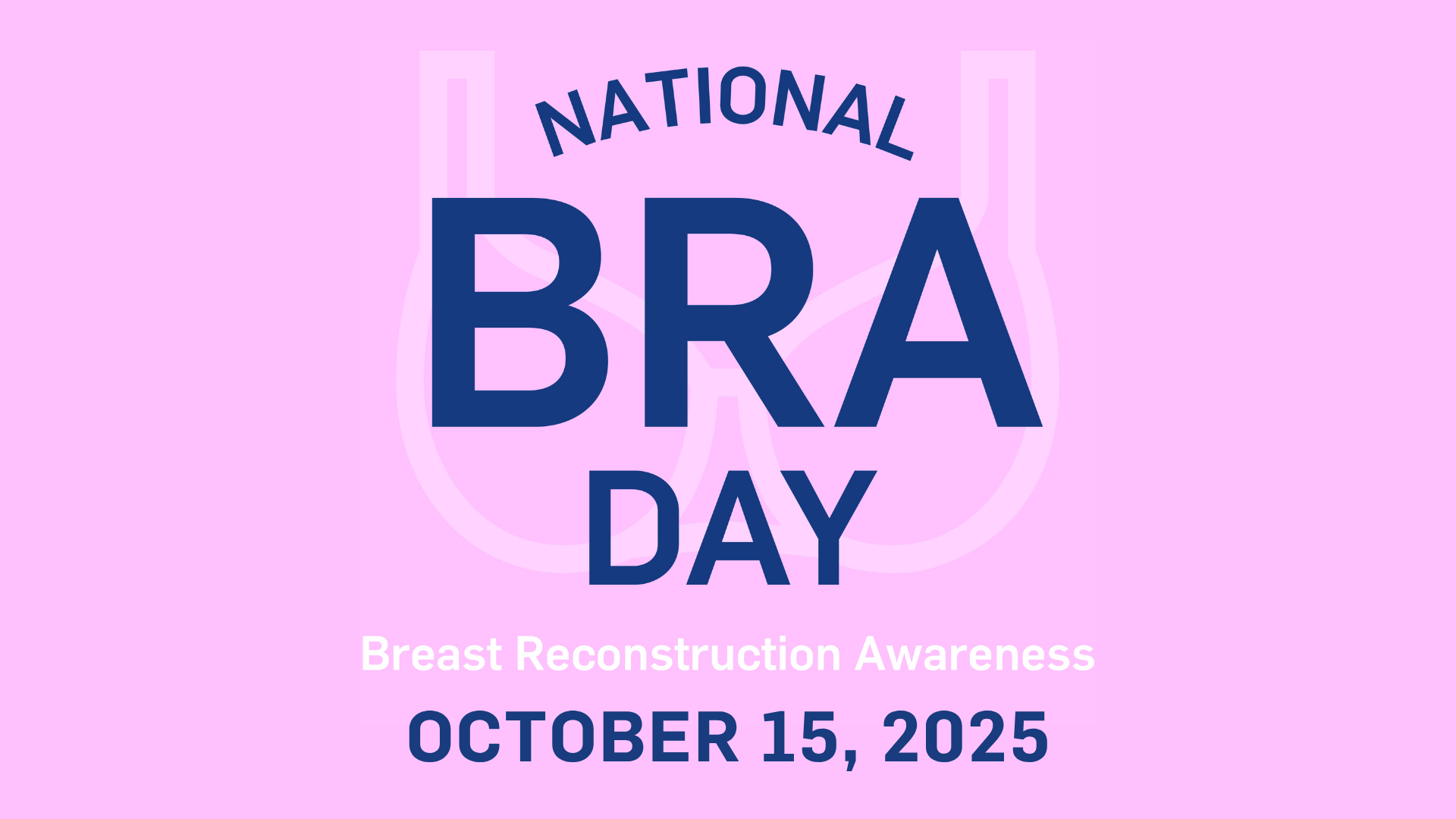Your doctor has just given you the news that you need an organ transplant. You’re not alone. Nearly 110,000 people are waiting for a lifesaving transplant in the US and every 9 minutes a new name is added to the list. Depending on the type of condition you face, a living donor may not be an option. If it’s determined through evaluation that you are a good transplant candidate, you’ll be added to the national waiting list maintained by the United Network for Organ Sharing (UNOS), a private, nonprofit organization that manages the nation’s organ transplant system. Here’s what to expect about how the waiting list works.
How long will I have to wait?
One of the most commonly asked questions of those on the organ transplant list is how long you will have to wait. Unfortunately, there’s no concrete answer or exact timetable. You may be one of the lucky ones who gets matched immediately. Or you may wait years for the right match. The wait is determined by how sick you are, the availability of donated organs and how well you match with a donor, which is why it’s important for everyone to register as an organ, eye and tissue donor. Through the incredible generosity of one donor, up to eight lives can be saved by donating organs after death.
The national average wait time for transplant is:
- Kidney: 5 years
- Liver: 11 months
- Heart: 4 months
- Lung: 4 months
- Kidney/Pancreas: 1.5 years
- Pancreas: 2 years
The local average wait time for transplant is:
- Kidney: 2 years
- Liver: 6 months
- Heart: 4 months
- Lung: 1.5 months
- Kidney/Pancreas: 4.3 months
- Pancreas: 3 months
What are the guidelines for matching organs?
When an organ becomes available, all patients on the list are compared to that organ. The guidelines for matching organs include medical urgency, blood/tissue type and size match with the donor, genetic makeup, time on the waiting list and proximity between the donor and the recipient. The organ transplant wait list isn’t static. Your position on the list depends on where you place every time an organ is available for transplant, depending on the matching factors listed above.
Need to be added to the list? Follow these 5 steps.
If you’ve been told by a doctor that you’re in need of an organ transplant and it is determined that you may be a good transplant candidate, these are the five steps you’ll take next.
- Doctor Referral: You’ll need to obtain the necessary referral from your physician.
- Find a transplant hospital: The next step is to research the 200+ transplant hospitals and evaluate them based on location, insurance acceptance, finances and support group availability. Choose one that best aligns with your individual needs. Links to our local transplant centers are below:
- Schedule an appointment: You’ll need a thorough evaluation to make sure you are a good candidate for transplant. Certain medical conditions may rule out a transplant. You may also need to be examined by a specialist to determine whether transplantation is a safe and realistic option for you. If you’re not accepted now, a transplant program may reconsider if your conditions improve.
- Ask questions: Organ transplantation is a complicated process for anyone who needs it. During this step of the process, learn as much as possible about organ transplantation, the hospital, their transplant team, etc.
- You’re added to the list: Once all the above steps are taken and it’s determined that you are a good transplant candidate, you’ll be added to the national waiting list maintained by UNOS.
Why organ donation is a lifesaving gift
Every day, people are able to get back to their daily life activities alongside family and friends because of the selfless decision of another to give the gift of life through organ donation. Passing on the gift of life and being someone’s hero is as easy as registering as an organ, eye and tissue donor. By adding your name to the organ donor registry, you’re consenting to give life to others through deceased donation.
Donation empowers transplant patients to take back life’s simplest and most important moments. The majority of your family, friends and neighbors have already added their name to the organ donor registry. Are you one of them? By registering as an organ, eye and tissue donor, you can bring hope to patients and families who are holding out for a miracle. Sign up for the donor registry and increase the chance that patients waiting will get the transplants they need to survive.



